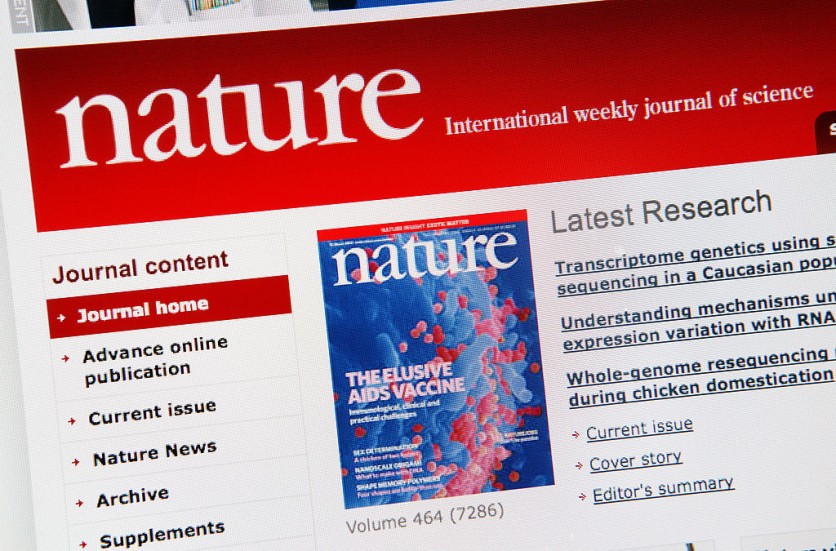Journal Nature has retracted a paper claiming to have discovered a room temperature superconductor, a material capable of carrying electrical currents with zero resistance at relatively low pressures.
This development not only casts doubt on the credibility of the research but also raises concerns about the editorial review process, the reputation of the authors, and the field of superconductivity itself.
Controversial Paper
The retracted paper, authored by physicists Ranga Dias at the University of Rochester in New York and Ashkan Salamat at the University of Nevada, Las Vegas (UNLV), presented a significant step towards the long-sought goal of finding a superconductor that does not require extreme cooling.
However, it has now been retracted at the request of eight co-authors who expressed concerns about the paper's accuracy. They believe the published work did not properly reflect the materials, experimental measurements, and data-processing protocols applied during the study.
This marks the third high-profile retraction of a paper by Dias and Salamat, further raising suspicions within the scientific community. The retraction comes after Nature's journals team received a letter from eight authors requesting the paper's withdrawal.
Read Also : Robotics Meets Paleontology: How a 450-Million-Year-Old Organism Is Being Modernized for Softbotics

History of Problems
In a field already marred by controversy, this retraction adds to the concerns surrounding Dias, who has faced allegations of plagiarism in his PhD thesis. Salamat, on the other hand, approved the previous retractions and has not responded to the latest one.
Some experts in the field had anticipated this outcome after the previous retractions, as reported by The Wall Street Journal and Science in September.
While the retraction itself is a significant blow, it also highlights issues with the editorial review process at Nature. Many experts in condensed-matter physics had been skeptical of the paper's claims from the beginning.
Lilia Boeri, a physicist at the Sapienza University of Rome, stated that the paper did not meet the high standards expected in the field. Questions about the measurements of the material's electrical resistance raised concerns that key data may have been manipulated.
Peter Armitage, an experimental physicist at Johns Hopkins University, noted that "virtually every serious condensed-matter physicist" saw problems with the work right away. Critics questioned whether Dias and Salamat had subtracted a background signal from a critical plot of resistance to create the appearance of zero resistance. The retraction confirmed that the concerns were credible, substantial, and unresolved.
Karl Ziemelis, the chief physical sciences editor at Nature, acknowledged that the peer-review process could not detect whether the paper accurately reflected the research. The process primarily identifies flaws in the study's design or methodology. Despite the challenges in detecting issues like data manipulation, Ziemelis stated that Nature strives to take an unbiased position and prioritize the community's interests.
Superconductors have vast implications in numerous applications, from MRI machines to particle colliders, but their requirement for extremely low temperatures has limited their widespread use. Researchers have long pursued a material that exhibits superconductivity at room temperature.
Stay posted here at Tech Times.
Related Article : Revolutionary Biodegradable, Self-Healing Plastic Unveiled by University of Tokyo Scientists





